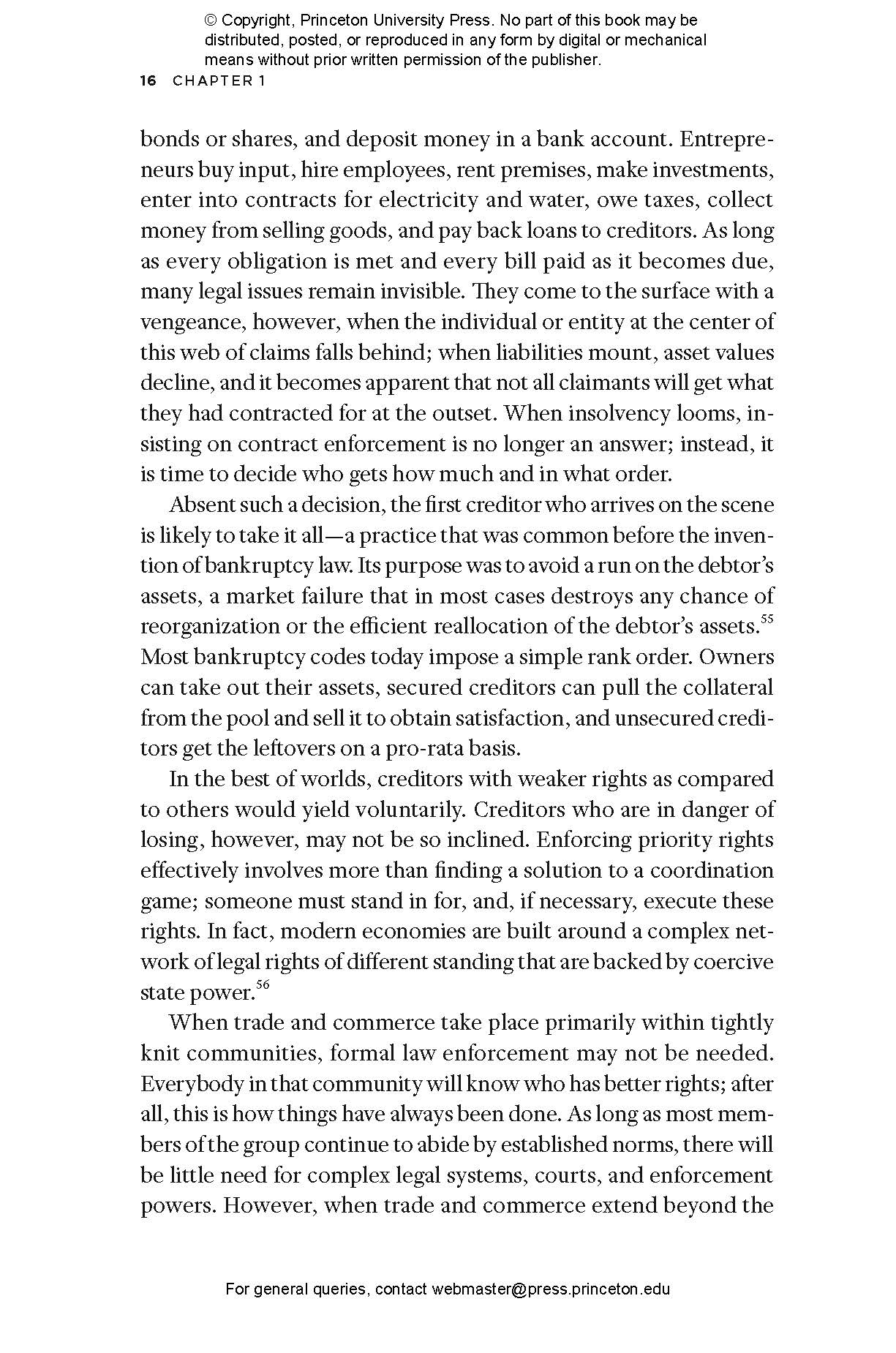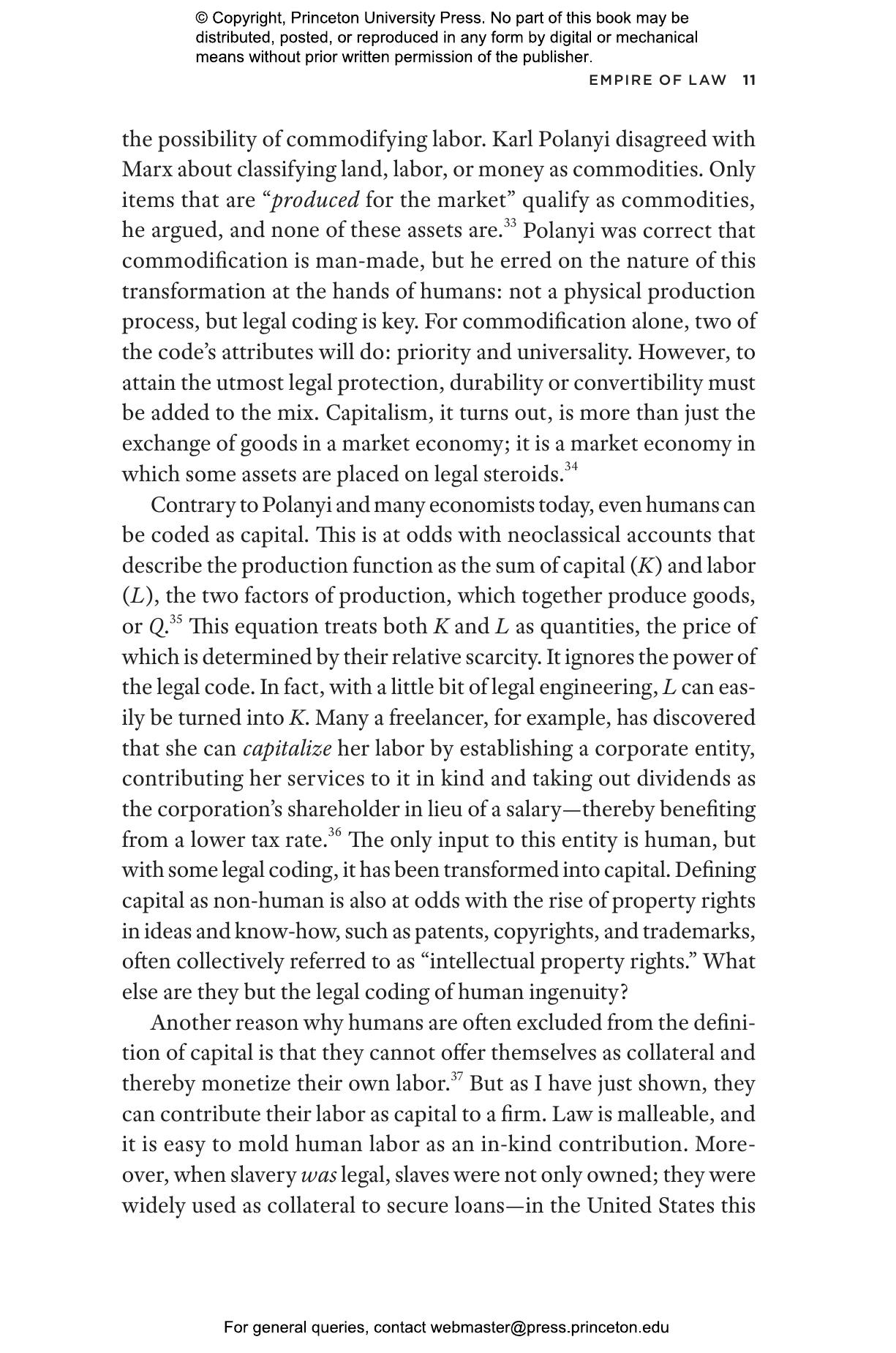


“If you want to monetize land, you have to graft certain legal protections for the holder of land rights onto that land. “If you take land, it’s just a piece of dirt,” she said.

And what we have to understand is the legal DNA, if you want to call it that, or the ‘code of capital.’ We have to understand what kinds of features create assets that are really wealth-generating.”Īs an example, Pistor noted how a piece of land is only considered to be “capital” when it is classified as such by the law. “What I’m basically arguing in the book is that capital is a wealth-generating asset. “One of the core questions that the book addresses is the question of, what is capital?” Pistor explained. Vogel, Chair of the Political Economy Program, the Il Han New Professor of Asian Studies, and a Professor of Political Science at UC Berkeley. The event was co-sponsored by the Berkeley Network for a New Political Economy and introduced by Steven K. The book was lauded as one of the Financial Times‘ Best Books of 2019 in the field of economics and one of the Financial Times‘ Readers’ Best Books of 2019. In her lecture, Pistor discussed her book, The Code of Capital: How the Law Creates Wealth and Inequality, which argues that the law selectively “codes” certain assets, endowing them with the capacity to protect and produce private wealth. Parker Professor of Comparative Law at Columbia University and Director of the Center on Global Legal Transformation. On September 21, Social Science Matrix was honored to co-sponsor a virtual Matrix Distinguished Lecture by Katharina Pistor, Edwin B.


 0 kommentar(er)
0 kommentar(er)
